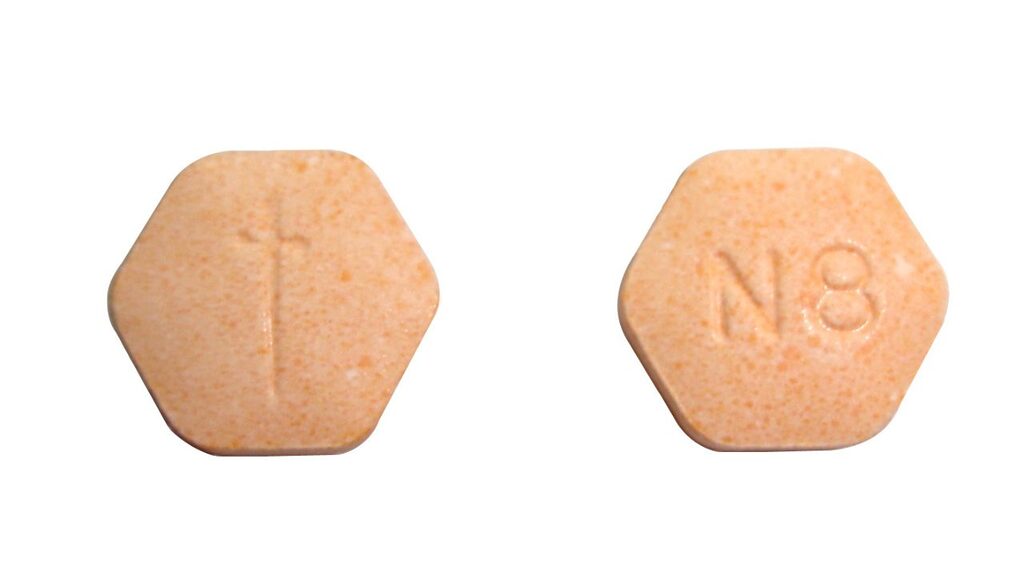The question of Suboxone addiction touches on a crucial debate in addiction medicine: Can a medication used to treat opioid addiction itself become addictive? The answer requires understanding how Suboxone works and the difference between physical dependence and addiction.
What Is Suboxone?
Suboxone combines two medications:
- Buprenorphine: A partial opioid agonist that helps manage withdrawal symptoms and cravings
- Naloxone: An opioid antagonist that prevents misuse
The FDA approved Suboxone for medication-assisted treatment (MAT) of opioid use disorder, making it a vital tool in addressing the opioid crisis.
How Suboxone Differs from Other Opioids
Suboxone’s unique properties set it apart:
- Ceiling effect limits its potential for euphoria
- Partial agonist action reduces overdose risk
- Built-in abuse deterrent through naloxone
- Long-acting formula enables stable dosing
Physical Dependence vs. Addiction
Understanding this distinction proves crucial:
Physical Dependence:
- Body adapts to medication presence
- Manageable through medical supervision
- Expected with long-term prescribed use
- Not inherently problematic
Addiction:
- Compulsive drug-seeking behavior
- Loss of control over use
- Continued use despite negative consequences
- Psychological and behavioral components

The Controversy of Long-term Use
Medical professionals debate prolonged Suboxone treatment:
Supporting Arguments:
- Stabilizes brain chemistry
- Reduces relapse risk
- Enables normal functioning
- Proven safety profile
Concerns:
- Extended physical dependence
- Challenging discontinuation
- Stigma in recovery communities
- Cost considerations
Proper Use vs. Misuse
Proper Suboxone use involves:
- Prescription from qualified providers
- Regular medical monitoring
- Compliance with treatment plans
- Integration with counseling
- Structured support systems
Misuse indicators include:
- Taking unprescribed doses
- Combining with other substances
- Injection or snorting
- Obtaining from illegal sources
Understanding Withdrawal
Suboxone withdrawal differs from full opioid withdrawal:
- Generally less intense
- Longer duration
- Manageable with medical supervision
- Requires careful tapering
Texas Recovery Centers’ Approach
We implement evidence-based Suboxone treatment:
- Comprehensive evaluation
- Individualized dosing
- Regular monitoring
- Integrated counseling
- Structured tapering when appropriate
- Long-term recovery support
Addressing Common Concerns
“Trading One Addiction for Another”
This misconception misunderstands addiction treatment. Suboxone, when properly prescribed:
- Normalizes brain function
- Enables recovery work
- Reduces overdose risk
- Supports stable living
The Role of Suboxone in Recovery
Successful treatment often includes:
- Medical supervision
- Counseling integration
- Support group participation
- Life skills development
- Relapse prevention planning
Don’t let concerns about Suboxone prevent you from seeking help for opioid addiction. Texas Recovery Centers provides comprehensive, evidence-based treatment that may include Suboxone as part of a larger recovery plan. Our medical team will work with you to determine the most appropriate treatment approach for your situation.
Take the first step toward recovery today. Call Texas Recovery Centers at 888-354-2194 to speak with our addiction specialists about our Suboxone treatment programs and comprehensive recovery services.













